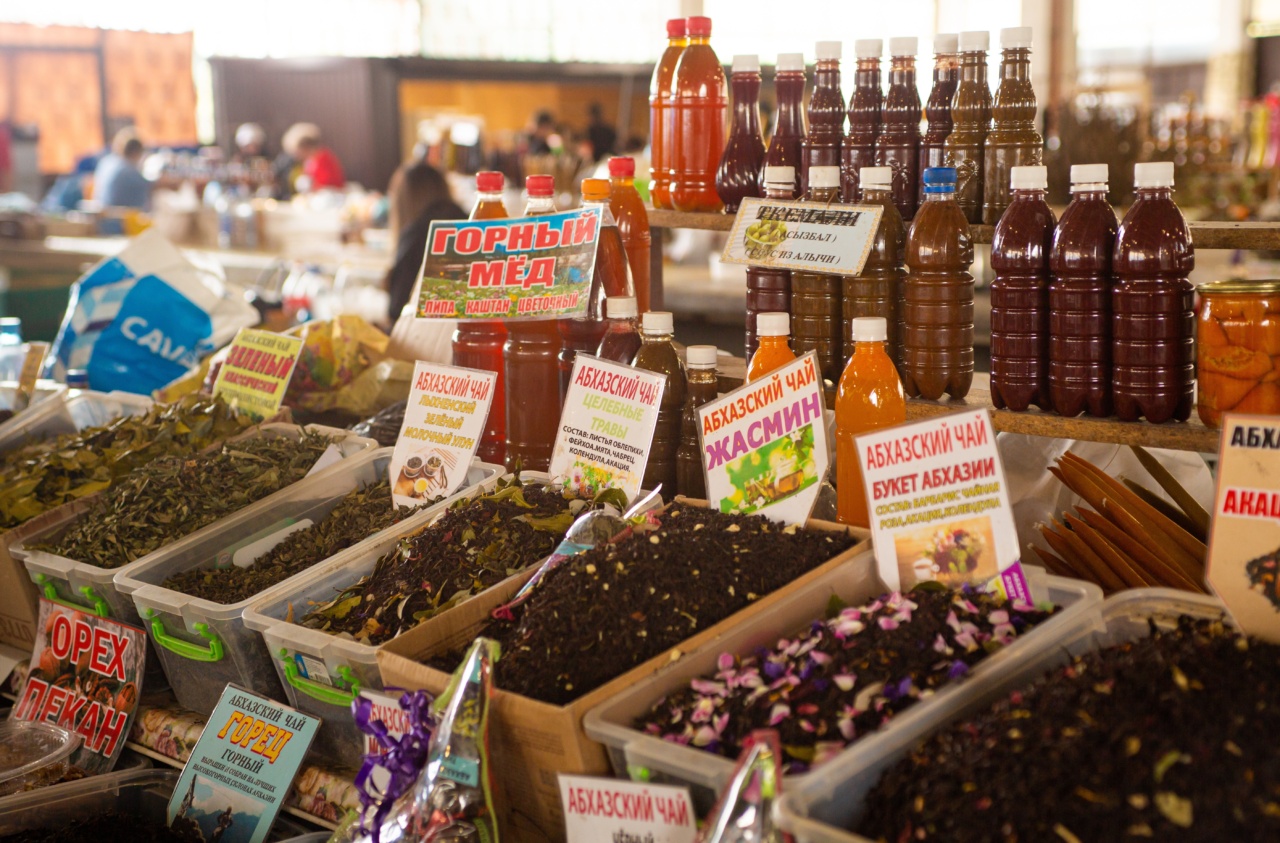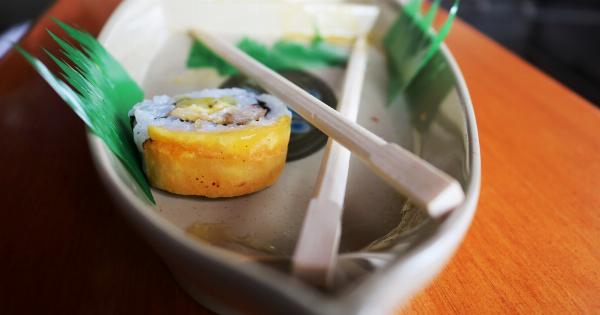Food poisoning is a common condition caused by bacterial, viral or parasitic infection through contaminated food or water. It can affect a single person or a group of people who have consumed the same food product.
It can also range from a mild to severe condition depending on the type of microorganism that caused the infection, the dose, and the immune response of the individual.
Types of Food Poisoning
There are several types of food poisoning depending on the type of bacteria, virus or parasite that caused the infection:.
Bacterial Infections
Bacterial infections are caused by consuming food or water contaminated with bacteria such as Salmonella, E. coli, Campylobacter, and Listeria.
Viral Infections
Viral infections can also cause food poisoning. Viruses that can cause food poisoning include norovirus, rotavirus, and hepatitis A.
Parasitic Infections
Parasitic infections such as Giardia and Cryptosporidium can also cause food poisoning.
Symptoms of Food Poisoning
The symptoms of food poisoning can vary depending on the type of microorganism that caused the infection, the dose, and the immune response of the individual.
The common symptoms of food poisoning include:.
- Abdominal pain
- Nausea and vomiting
- Diarrhea
- Fever and chills
- Headache
- Muscle aches
The symptoms of food poisoning can start within hours or days after consuming contaminated food or water. They can last for a few hours or days depending on the severity of the infection.
Diagnosis of Food Poisoning
To diagnose food poisoning, a doctor may examine the symptoms and ask about the recent food and water intake. The doctor may also order stool culture and blood tests to determine the type of microorganism that caused the infection.
In severe cases, the doctor may also order imaging tests such as ultrasound or CT scan to check for complications such as dehydration and abscess formation.
Treatment of Food Poisoning
The treatment of food poisoning depends on the type of microorganism that caused the infection and the severity of the symptoms.
The general treatments for food poisoning include:.
- Rest and hydration to prevent dehydration
- Antibiotics or antiparasitic drugs to treat the infection
- Anti-nausea and anti-diarrhea medications to relieve the symptoms
- Probiotics to restore the normal gut flora
In severe cases, hospitalization may be required for intravenous fluid administration, electrolyte replacement, and monitoring of complications such as sepsis and organ failure.
Prevention of Food Poisoning
Food poisoning can be prevented by following good food hygiene practices such as:.
- Washing hands before handling food
- Washing fruits and vegetables before consumption
- Cooking food at the proper temperature to kill the microorganisms
- Storing food properly to prevent bacterial growth
- Avoiding cross-contamination of food and utensils
- Drinking clean and safe water
It is also recommended to avoid consuming high-risk food products such as raw or undercooked meat, poultry, seafood, eggs, and dairy products.
Conclusion
Food poisoning is a common condition caused by bacterial, viral, or parasitic infection through contaminated food or water. The symptoms can vary depending on the type of microorganism that caused the infection and the severity of the symptoms.
The treatment of food poisoning depends on the type of microorganism that caused the infection and the severity of the symptoms. Prevention of food poisoning can be achieved by following good food hygiene practices.


























